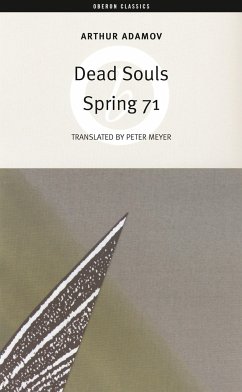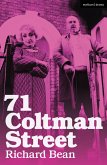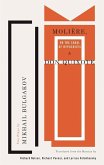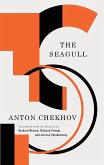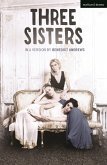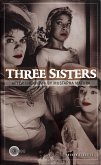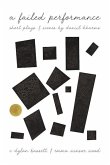Born in Russia, Arthur Adamov was educated in Geneva and Paris and wrote in French. His avant-garde and often political plays were grouped with the Theatre of the Absurd, but he felt that they were about life, and that life, while often difficult, was never absurd. This volume brings together his two major works in stunning translations by Peter Meyer, originally commissioned by BBC Radio. Dead Souls is Adamov's dramatisation of Gogol's blackly comic novel. Mysterious entrepreneur Tchitchikov approaches the landowners and bureaucrats of a provincial town with the proposal that he will buy the 'dead souls' of deceased peasants, and in the process exposes a society filled with paranoia and corruption. Motivated in part by his own communist sympathies, Spring '71 reflects Adamov's view of the Paris Commune in 1871. A rich and complex depiction of a city in the throes of major upheaval, it interweaves satire, history and tragedy to show how the stories of normal people influence- and are influenced by - the onward march of history.
Hinweis: Dieser Artikel kann nur an eine deutsche Lieferadresse ausgeliefert werden.
Hinweis: Dieser Artikel kann nur an eine deutsche Lieferadresse ausgeliefert werden.

